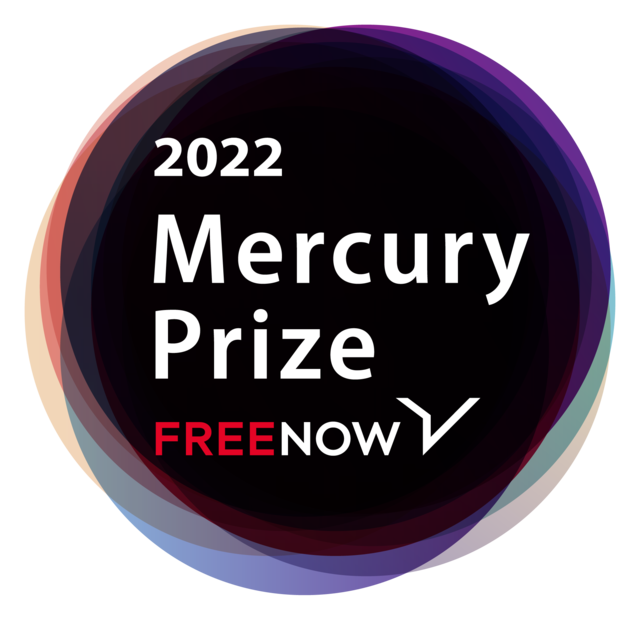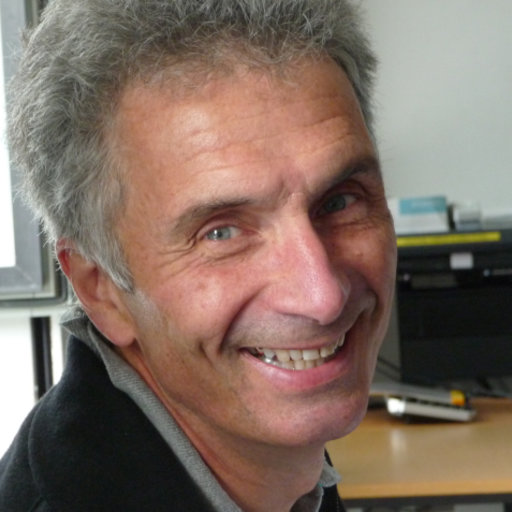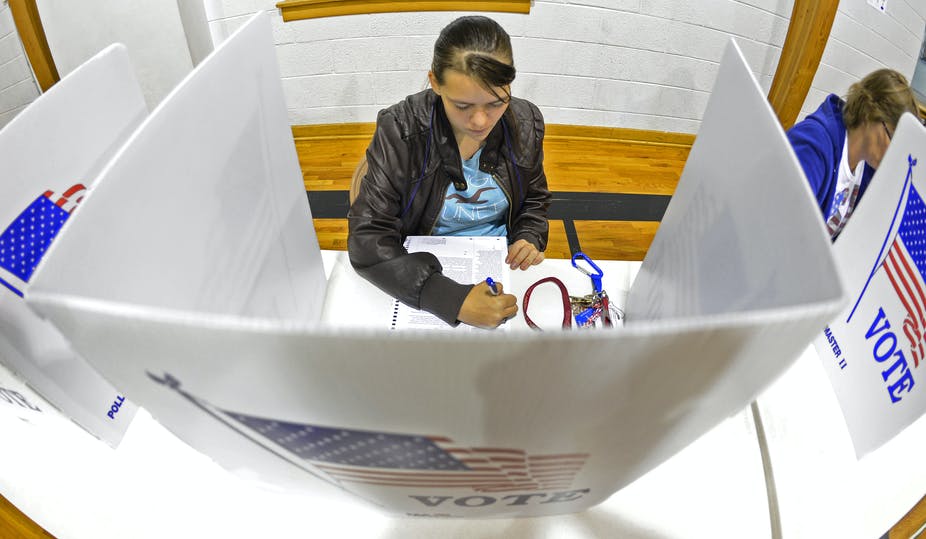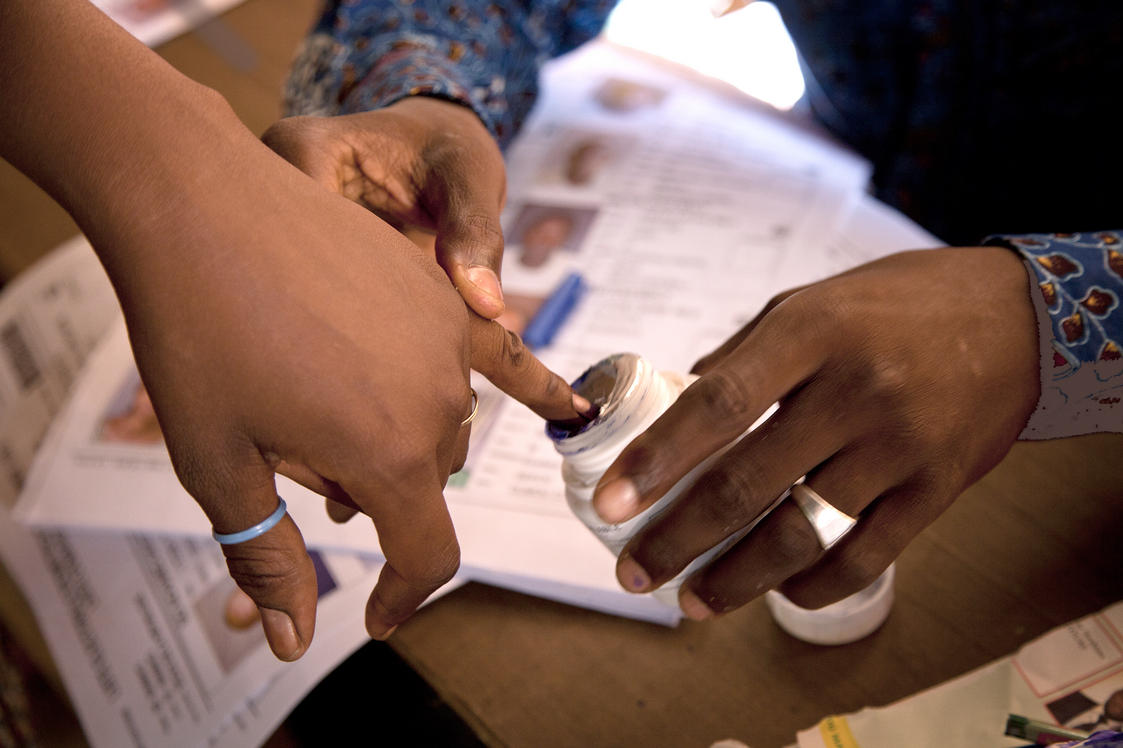Professor John Street reflects on the importance of music in the Scottish independence debate.
Last week, in the last days of the Scottish referendum campaign, I got a call from Radio Scotland. Would I take part in a discussion of the role of music in the campaign? This was two days before the vote. I agreed, but I couldn’t help thinking that there were rather more pressing issues competing for airtime. My suspicion was confirmed – or so I thought – when the item was bumped because things were getting, as the producer said, ‘a little crazy today’. Except that it was then moved to the eve of the vote itself, when things might have been expected to be crazier still.
And while I’m not sure that my contributions warranted the time allocated to them, my fellow panellist, the folk musician Steve Byrne, was worth listening to. More than that, it began to strike me that music was an important player in that extraordinary campaign.
Music, as Benedict Anderson and others have pointed out, is key to how we imagine nations. Not just in national anthems, but in sounds. Think of the musical instruments which symbolise or evoke nations and peoples. Think of how rhythms move and unite us (as Richard Williams noted on his blog, about the pleasures of Northern Soul: on a good night you left feeling ‘everyone was your pal’). Insofar as the debate was about national identity music was important.
Insofar as it was about economics, maybe music matters much less. In one of the songs which Radio Scotland featured in its list of (carefully balanced) referendum tunes, the singer vainly tried to insert the word ‘paradox’ into the lyrics. It was a reminder that not all subjects lend themselves easily to rhyming couplets. The economy may be one of those.
Musicians too played their part, but more peripherally. The ‘Yes’ campaign attracted the hipper support – Franz Ferdinand and Mogwai. The ‘No’ seemed to have to make do with Susan Boyle and the (un)welcome interventions of English stars like Mick Jagger and David Bowie. Just as the Conservatives and the Republicans struggle to win over the smart acts, so it was with the referendum debate. Whether they made any difference is open to question, and hard to answer, but we do know that celebrities can make a difference at the margin. But that is not the same as the music making a difference. And this is where, for me, the interesting issues lie – in how sounds and rhythms might move people to think and act politically.
Professor John Street holds a Chair in Politics at the University of East Anglia
Image credit: Wikipedia





